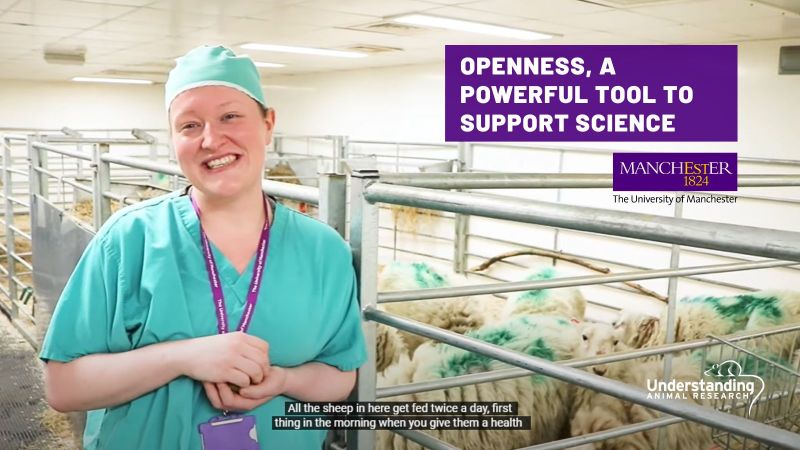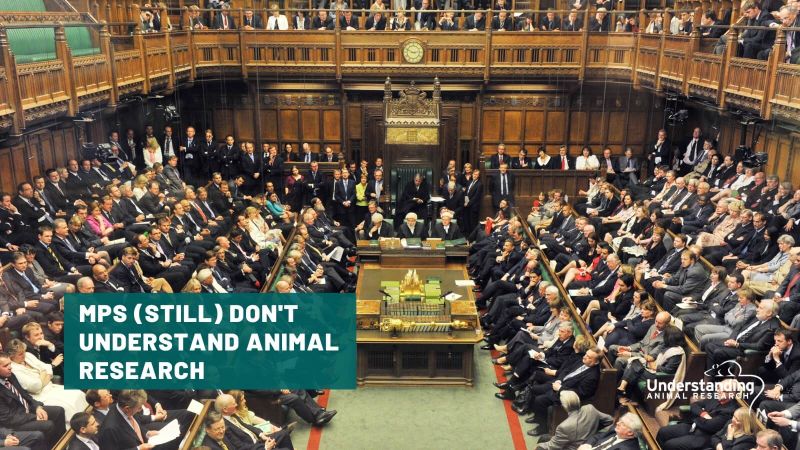Text to go here...
Using outside-the-body gene therapy in pig and human lungs, researchers have repaired donated organs that were deemed too damaged to transplant.
Many lungs harvested from donors are unsuitable for transplant as they are inflamed, which causes poor gas exchange. The new technique involves preserving the lungs at body temperature in a specialised chamber before a solution of oxygen, proteins and nutrients is pumped over the damaged tissues.
The common cold virus (adenovirus) is then used to transport a gene which codes for the protein interleukin-10 (IL-10) into the lung tissue. Because IL-10 is a known anti-inflammatory the team hoped it would reduce the damaging inflammation in the lungs.
In pig lungs, the team saw that the gene-treated lungs showed less inflammation and improved function after transplantation into recipient pigs. Tests on 10 human lungs unsuitable for transplantation also showed significant improvement in function. Researchers hope that the technique could also help to protect against post-transplant inflammation, and could also be used to repair other transplant organs such as kidneys and hearts.
Last edited: 11 January 2022 09:02



